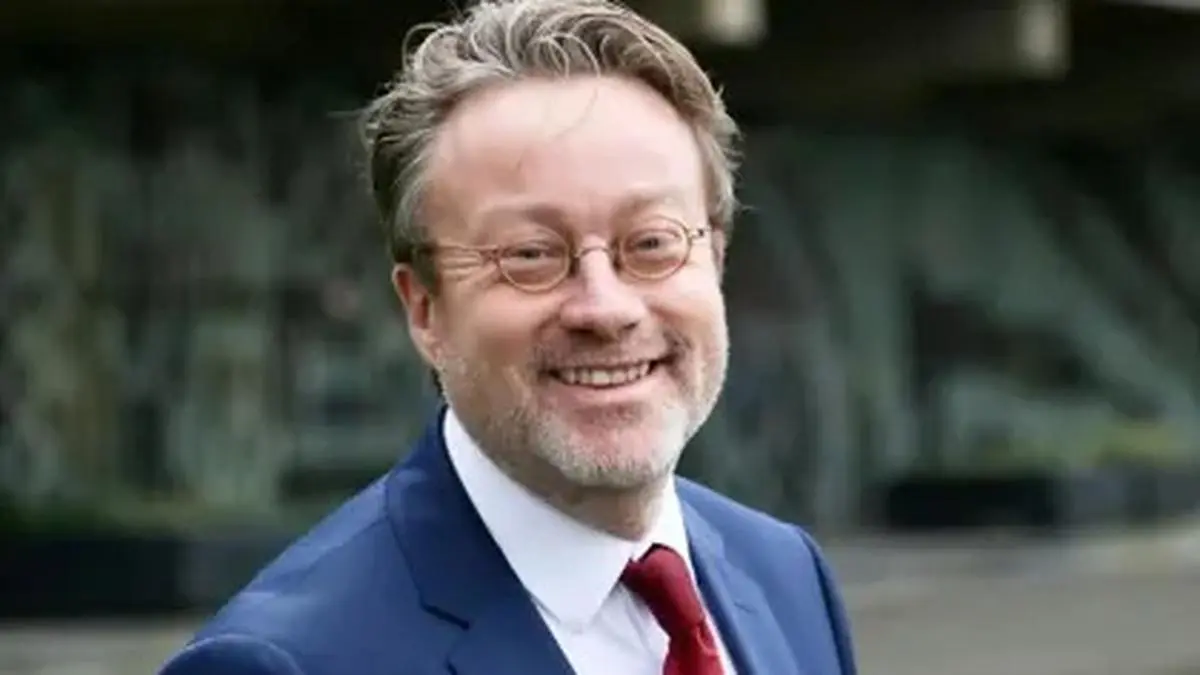European politicians shouldn’t rely on European Central Bank emergency instruments to solve their fiscal problems, according to Governing Council member Olaf Sleijpen.
Asked in an interview with Het Financieele Dagblad if the ECB’s never-deployed programme designed to counter excessive market moves — known as the Transmission Protection Instrument — could be used to support government bonds, the new Dutch central bank chief was guarded.
“The instrument exists — it can be used temporarily under certain conditions, but it’s absolutely not intended for certain things,” Sleijpen told the Amsterdam-based newspaper. “So, I think the idea that the ECB will solve it is a bit too simplistic. Some things really should be resolved by politicians themselves.”
Sleijpen said the price tag for the ECB’s quantitative-easing programme “was high when you consider the profits of central banks and the consequences of low interest rates for financial stability.”
“So, if the policy rate were to approach 0 per cent again, we would have to think very carefully, based on our experience, before deploying those instruments again,” Sleijpen said.
For price stability
The 55-year-old Sleijpen started as Dutch central bank chief in July, succeeding Klaas Knot, who was seen as one of the more hawkish ECB rate setters. Sleijpen didn’t say if he’s a hawk or a dove, stating instead that “price stability is what I’m paid for.”
“The ECB simply has a very clear mandate, and that is price stability,” he said. “That’s the most important thing for me. I will commit myself to a monetary policy that aligns with that.”
Asked if the ECB’s deposit rate will stay at 2 per cent for now — as expected by investors and most economists — Sleijpen was non-committal.
“There’s a great deal of uncertainty,” he said. “Inflation could fall more quickly due to a deterioration in the economic climate and a further rise in the euro against the dollar. Higher energy prices are driving up the price level, which can have all kinds of knock-on effects, as we saw in 2022. Furthermore, we don’t yet know to what extent US import tariffs will affect the inflation rate in the long term.”
Turning to Dutch campaign promises ahead of October 29 elections, Sleijpen cautioned on excessive fiscal largesse.
“A whopping €85 billion ($99.5 billion) in tax incentives in the Netherlands has proven ineffective,” he said. “You could easily use some of that to invest in the economy. A clear and transparent government policy is also crucial for businesses. That costs nothing.”
He also didn’t sound convinced about exempting investment outlays from spending limits.
“Even for those investments, a euro is a euro that ultimately has to be repaid,” he said. “And who decides what the investments are? We’re familiar with those discussions from the past. Soon, everything will be an investment.”
Published on September 28, 2025
